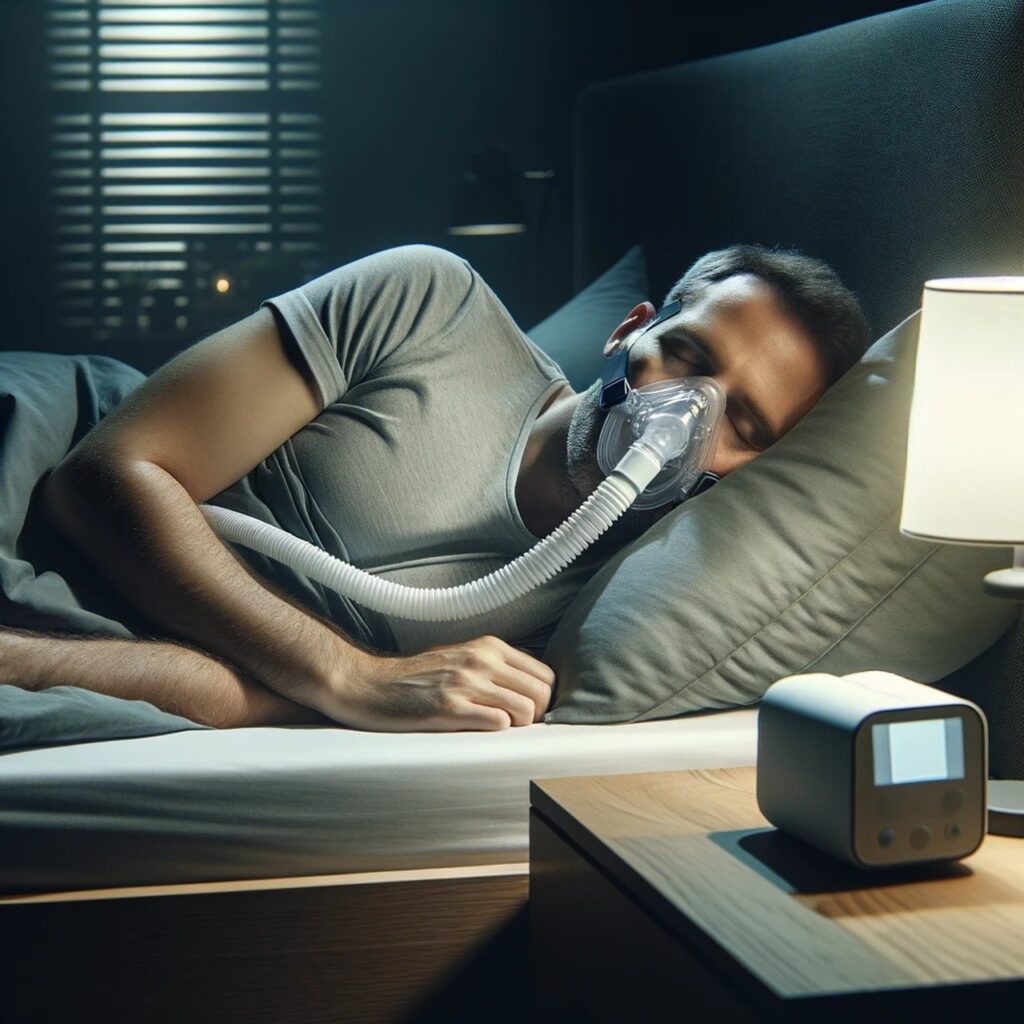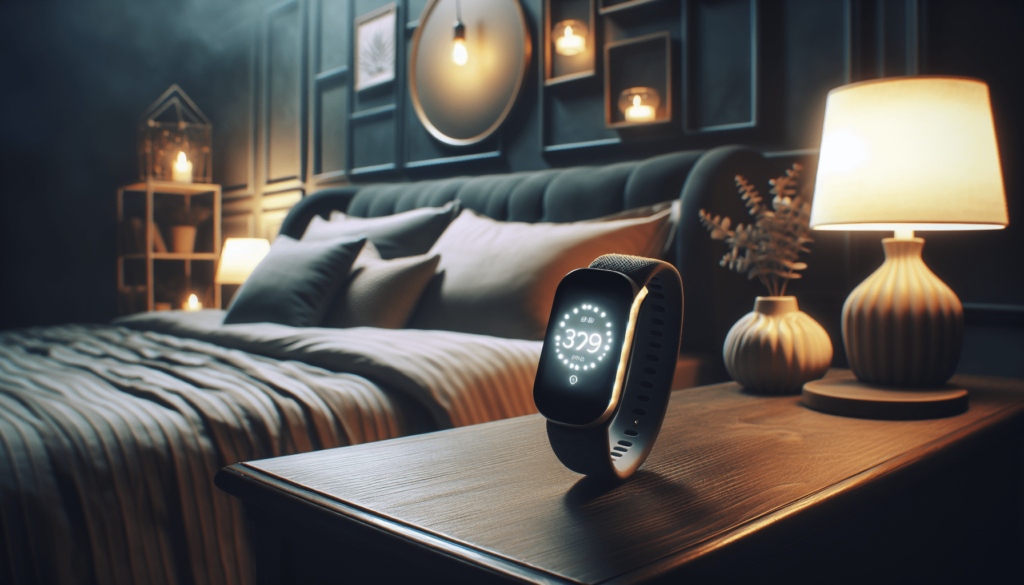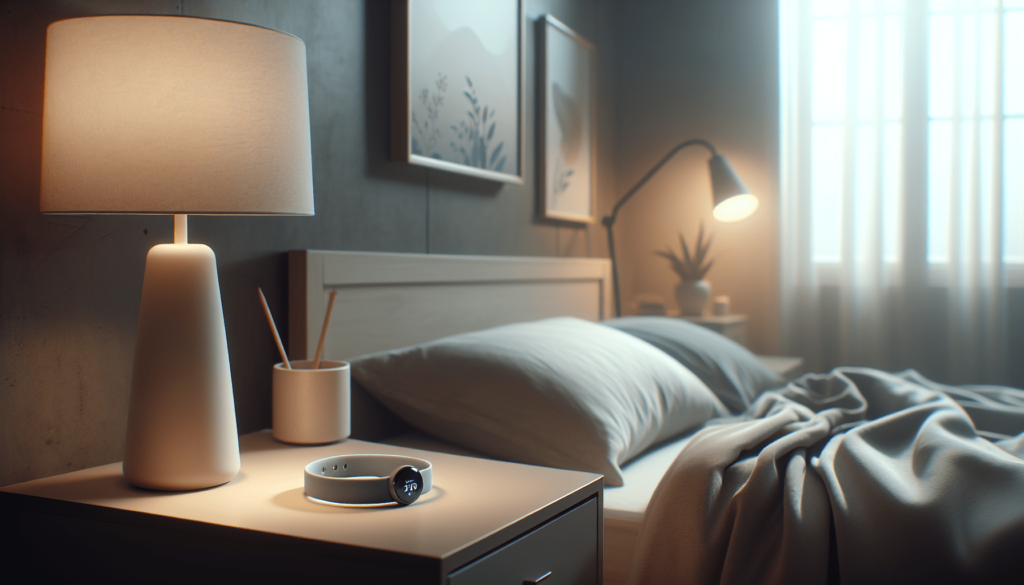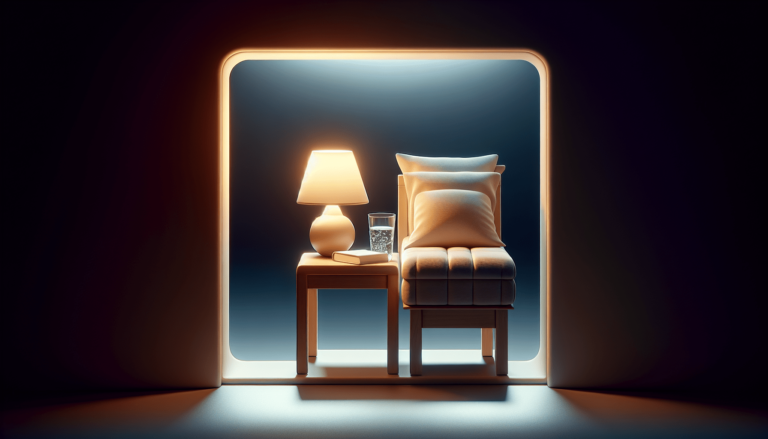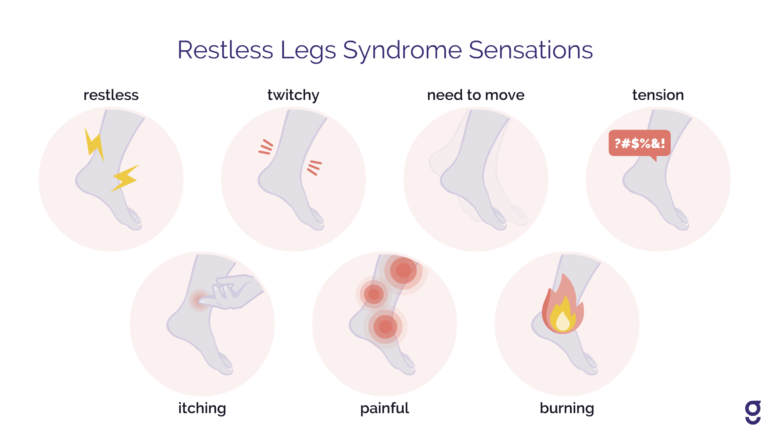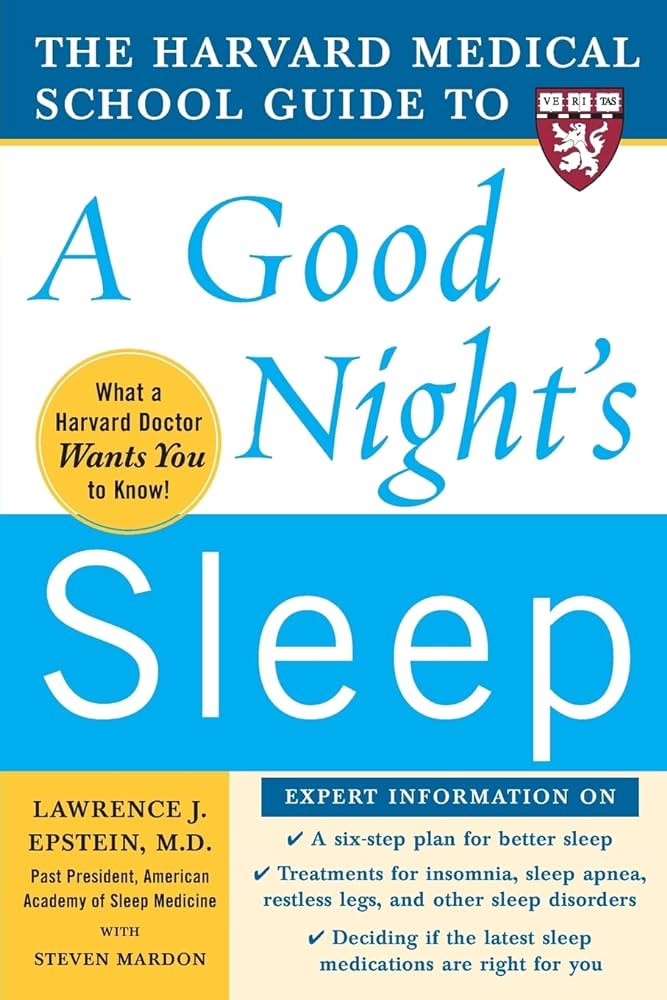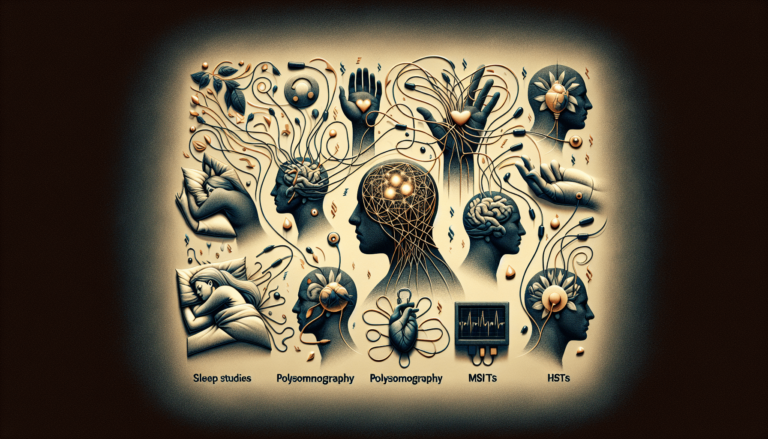Unlocking the Power of Sleep: Diagnosing Sleep Apnea
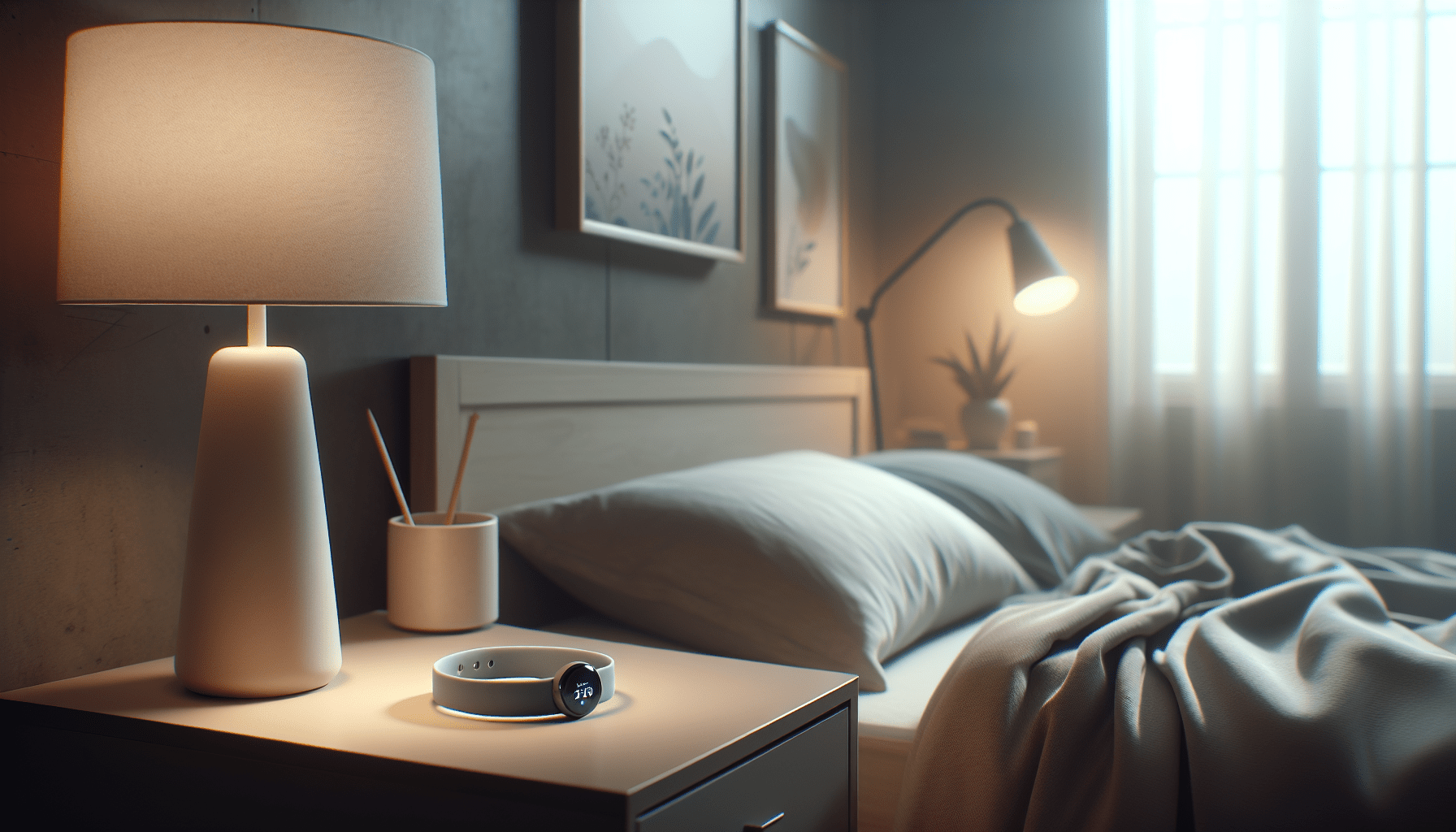
Are you tired of restless nights and waking up feeling groggy? Sleep disorders can have a significant impact on your health and overall well-being. One of the most common sleep disorders is sleep apnea, which can lead to serious health issues if left untreated. At Vector Sleep Clinic, we understand the importance of uninterrupted sleep and offer comprehensive care to diagnose and treat various sleep disorders. With our licensed and insured clinic, you can trust us to provide the reliable and trustworthy care you need. Don’t let sleep apnea negatively impact your life – unlock the power of sleep with Vector Sleep Clinic.
Sleep Disorders: Understanding the Problem
Sleep disorders have become increasingly common in today’s fast-paced world, affecting the health and productivity of many individuals. These disorders, such as insomnia, sleep apnea, and others, can lead to serious health risks including obstructive sleep apnea, restless leg syndrome, and hypopnea. At Vector Sleep Clinic, we understand the impact these disorders can have on your life and are here to help you overcome them.
Insomnia
Insomnia is a sleep disorder characterized by difficulty falling asleep, staying asleep, or both. It can be caused by a variety of factors such as stress, anxiety, medications, or underlying health conditions. Individuals with insomnia often experience daytime fatigue, irritability, and difficulty concentrating.
Sleep Apnea
Sleep apnea is a common yet potentially serious sleep disorder in which breathing repeatedly stops and starts during sleep. It can be classified into three types: obstructive sleep apnea, central sleep apnea, and complex sleep apnea syndrome. Sleep apnea is often accompanied by loud snoring, gasping for air during sleep, and excessive daytime sleepiness.
Other Sleep Disorders
In addition to insomnia and sleep apnea, there are numerous other sleep disorders that can disrupt your sleep and impact your overall well-being. These include restless leg syndrome, narcolepsy, sleepwalking, and REM sleep behavior disorder. Each of these disorders has its own unique symptoms and treatment options, which our team at Vector Sleep Clinic can help you navigate.
Health Risks
Untreated sleep disorders can have serious health consequences. Lack of quality sleep has been linked to an increased risk of heart attacks, strokes, high blood pressure, car accidents, problems at home or work, sexual dysfunction, and obesity. It is crucial to address these sleep issues to safeguard your overall health and improve your quality of life.
Why Should You Consider Completing a Sleep Study?
If you suspect that you may have a sleep disorder, completing a sleep study can provide valuable insights into your sleep patterns and help diagnose any potential issues. Ignoring these problems can lead to a wide range of health consequences, including those mentioned above.
Potential Health Consequences of Untreated Sleep Disorders
Sleep disorders, when left untreated, can have serious implications for your overall health. Ongoing sleep deprivation can weaken your immune system, making you more susceptible to illnesses and infections. It can also lead to chronic fatigue, increased stress levels, depression, and decreased cognitive function. By completing a sleep study, you can identify any underlying sleep disorders and take proactive steps to improve your sleep quality and overall well-being.
This image is property of pixabay.com.
Our Solution: Comprehensive Care for Restful Sleep
At Vector Sleep Clinic, we understand the importance of uninterrupted, restful sleep for your overall health and well-being. That’s why we provide comprehensive care for a wide range of sleep disorders. Our team of experienced sleep specialists will work with you to diagnose and develop personalized treatment plans that address the root cause of your sleep issues.
Approach at Vector Sleep Clinic
When you visit Vector Sleep Clinic, you can expect a comprehensive approach to diagnosing and treating your sleep disorder. Our team will conduct a thorough evaluation of your symptoms, medical history, and lifestyle factors to gain a comprehensive understanding of your sleep patterns and potential underlying causes. We prioritize patient comfort and will answer any questions or concerns you may have throughout the process.
What is Sleep Apnea?
Sleep apnea is a common sleep disorder that affects millions of people worldwide. It is characterized by repetitive pauses in breathing during sleep, leading to disrupted sleep patterns and a decrease in oxygen levels in the blood. Understanding sleep apnea and its different types is crucial for effective diagnosis and treatment.
Definition and Types of Sleep Apnea
Sleep apnea is defined as a condition in which breathing stops and starts repeatedly during sleep. The three main types of sleep apnea are:
-
Obstructive Sleep Apnea (OSA): This is the most common form of sleep apnea and occurs when the throat muscles relax, causing the airway to become blocked. It often leads to snoring and daytime sleepiness.
-
Central Sleep Apnea (CSA): Unlike obstructive sleep apnea, central sleep apnea occurs when the brain fails to send proper signals to the muscles that control breathing. It is less common and typically associated with underlying medical conditions.
-
Complex Sleep Apnea Syndrome (CompSAS): CompSAS is a combination of both obstructive and central sleep apnea. It is also known as treatment-emergent central sleep apnea.
Causes of Sleep Apnea
Sleep apnea can be caused by various factors, including obesity, aging, family history, smoking, alcohol consumption, sedative use, and certain medical conditions such as congestive heart failure and chronic obstructive pulmonary disease (COPD).
Symptoms of Sleep Apnea
Common symptoms of sleep apnea include loud snoring, gasping for air during sleep, fragmented sleep, excessive daytime sleepiness, morning headaches, dry mouth or sore throat upon waking, and difficulty concentrating. If you experience any of these symptoms, it is important to consult with a healthcare professional for a proper diagnosis.
This image is property of pixabay.com.
Diagnosing Sleep Apnea
Proper diagnosis of sleep apnea is essential for personalized treatment. At Vector Sleep Clinic, we employ various diagnostic methods to accurately identify and assess your sleep apnea.
Medical History and Physical Examination
During your visit to Vector Sleep Clinic, our sleep specialists will conduct a detailed discussion of your symptoms and medical history. This information will help us understand any underlying conditions or lifestyle factors that may contribute to your sleep apnea. Additionally, a physical examination will be performed to evaluate your airway and determine if there are any structural abnormalities contributing to your sleep apnea.
Sleep Study
A sleep study, also known as polysomnography, is a non-invasive test that involves monitoring various physiological functions during sleep. This test provides crucial information about your sleep patterns, breathing, brain activity, and body movements.
Polysomnography
Polysomnography is typically conducted in a sleep laboratory where you will be monitored by sleep technologists. Electrodes will be placed on your scalp, face, chest, and legs to record brain activity, eye movements, heart rate, breathing patterns, and muscle activity. The data collected during polysomnography allows our sleep specialists to diagnose sleep apnea and determine its severity.
Multiple Sleep Latency Test
In some cases, a multiple sleep latency test may be conducted during a sleep study. This test measures how quickly you fall asleep in a quiet and dark environment during the day. It helps assess excessive daytime sleepiness, a common symptom of sleep apnea.
Maintenance of Wakefulness Test
For individuals in safety-sensitive occupations or who require objective documentation of their wakefulness, a maintenance of wakefulness test may be recommended. This test determines your ability to stay awake during a period of wakefulness and is often used to evaluate the effectiveness of sleep apnea treatment.
Home Sleep Study
In certain cases, a home sleep study may be recommended as a convenient and cost-effective alternative to laboratory-based polysomnography. This involves the use of portable monitoring devices that you can use in the comfort of your own home.
Portable Monitoring Devices
Portable monitoring devices for home sleep studies typically include a small device that measures certain physiological parameters, such as breathing patterns, heart rate, and oxygen levels. These devices are easy to use and provide valuable data that our sleep specialists can analyze to diagnose and assess your sleep apnea.
Instructions for Conducting the Study
Before conducting a home sleep study, our team will provide you with detailed instructions on how to properly set up and use the portable monitoring device. These instructions will guide you through the process to ensure accurate results.
Treatment for Sleep Apnea
At Vector Sleep Clinic, we offer a range of treatment options for sleep apnea, tailored to each individual’s needs and preferences. The goal of treatment is to reduce or eliminate the symptoms of sleep apnea, improve sleep quality, and reduce the associated health risks.
Lifestyle Changes
Certain lifestyle modifications can help manage sleep apnea symptoms. These may include weight loss, regular exercise, avoiding alcohol and sedatives, sleeping on your side, and practicing good sleep hygiene.
Continuous Positive Airway Pressure (CPAP)
CPAP therapy is one of the most common and effective treatment options for sleep apnea. It involves wearing a mask connected to a machine that delivers pressurized air, keeping the airway open during sleep.
Oral Appliances
Oral appliances, such as mandibular advancement devices, can be used to reposition the lower jaw and tongue, effectively opening the airway and reducing sleep apnea symptoms. These devices are custom-made and fitted by dental professionals.
Surgery
In some cases, surgery may be necessary to correct anatomical abnormalities contributing to sleep apnea. Surgical options vary depending on the specific cause and severity of the condition, and our team at Vector Sleep Clinic can discuss the potential surgical options with you.
Conclusion
Sleep disorders, such as insomnia and sleep apnea, can have a significant impact on your overall health and well-being. Ignoring these disorders can lead to serious health consequences, affecting your quality of life and productivity. At Vector Sleep Clinic, our comprehensive approach to diagnosing and treating sleep disorders can help you achieve restful and rejuvenating sleep. Don’t suffer in silence – take the first step towards better sleep and ultimate health by visiting our clinic today.

